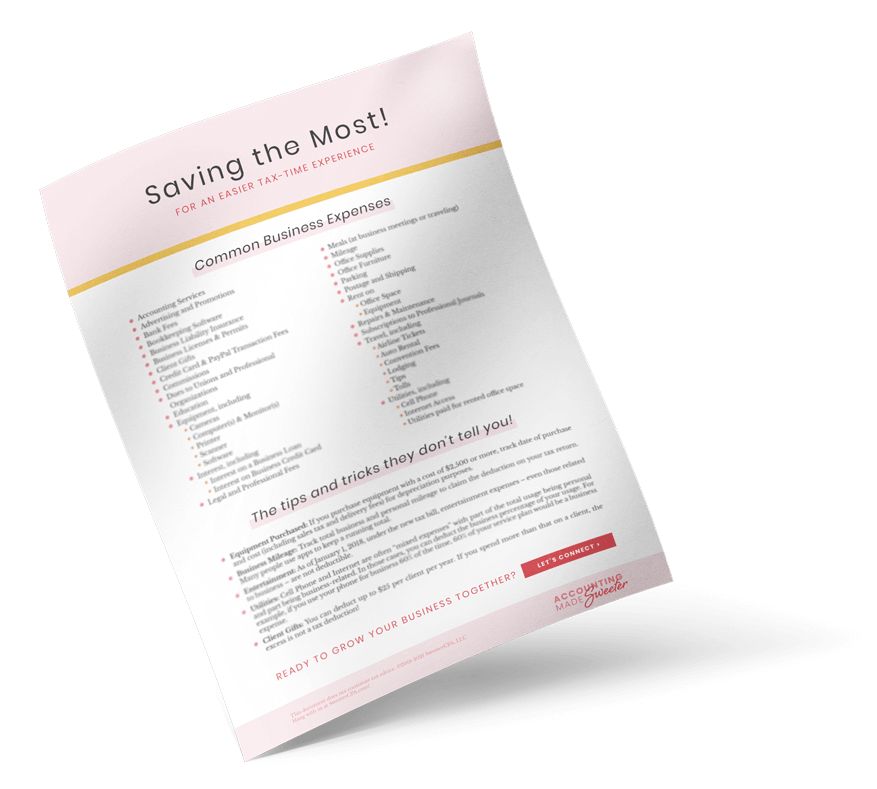Resources
- 2014 Form 2441, Child and Dependent Care Expenses
- Instructions, 2014 Form 2441
- IRS Publication 503: Child and Dependent Care Expenses
- Form W-10, Dependent Care Provider’s Identification and Certification
Why YOU Should Care
You may be able to claim a credit on your annual tax return for the amount you pay someone to provide care for your child or dependent while you are working, looking for work, or attending school full-time.
Requirements to Claim the Credit
- The care must be for a qualifying person.
- Both you and your spouse must either have earned income or be a full-time student. You must be paying for child care so you can work, look for work, or attend school. If either spouse is not a student or working/seeking work, he or she must be physically or mentally unable to provide self-care or care for other dependents.
- You must not be able to claim the care provider as a dependent (i.e., payments to an older sibling to watch a younger sibling are ineligible unless the older sibling is over age 19 and no longer listed as a dependent on your return). The care provider also must not be the parent of the qualifying child.
- If you are married, you must file a joint return unless you are legally separated or living apart.
- You must identify the care provider on your tax return.
Qualifying Person Test
Child care expenses must be for one or more of the following types of qualifying people:
- Your qualifying child who is under age 13.
- Your spouse who is not physically or mentally able to provide self-care. He or she must live with you for more than half of the year.
- A person not physically or mentally able to provide self-care who lived with you for more than half of the year and either
- was your dependent, or
- would have been your dependent except that he or she received gross income of $3,950 or more, filed a joint return, or if you or your spouse were claimed as a dependent on someone else’s return.
The qualifying person must have a tax identification number (e.g., Social Security Number, Individual Taxpayer Identification Number, Adoption Taxpayer Identification Number).
Children of divorced or separated parents are typically a qualifying child for purposes of this credit to the custodial parent.
Earned Income Test
In order to claim the credit, you and your spouse must have earned income. This includes wages, net income from self-employment, or other taxable employee compensation. Nontaxable combat pay can be considered earned income for purposes of this credit.
Earned income does not include pensions, social security, workers compensation, interest and dividends, unemployment income, child support, payments for work performed while incarcerated, or certain other passive forms of income. Scholarships or fellowships are generally not considered earned income unless they are reported on a Form W-2 in return for teaching or other services.
You or your spouse are considered to meet this test for any month you are either a full-time student or physically or mentally unable to provide self-care.
Work-Related Expense Test
In order to claim the credit, care must be provided to the qualifying person so that you and your spouse can either work or look for work. If you are looking for work and do not find a job, you will not be able to claim the credit as you have no earned income for the year.
You are considered to be working in any month you attend school full-time or are physically or mentally unable to provide self-care.
Qualifying Expenses
For purposes of the credit, the allowable expenses are only those for care of the qualifying person. Fees for food, lodging, or education do not count.
For education specifically, any program below Kindergarten counts as a care expense. For Kindergarten-level programs and above, the expense is not considered care. However, a child enrolled in a before- or after-school program may have qualifying care expenses.
Provider Identification
You must provide the name, address, and tax identification number of the person or organization providing care. If the care provider is an individual, the tax identification number will be his or her Social Security Number. If care is provided by an organization, you will need the Employer Identification Number. If the care provider is tax-exempt (e.g., a church), write “Tax Exempt” in the appropriate space on the Form.
Most care providers will provide this information upon request on a letter or invoice. Otherwise, you can request the information on a Form W-10. If your provider refuses to supply this information, proving that you made used due diligence in requesting the information will be crucial in claiming the credit.



